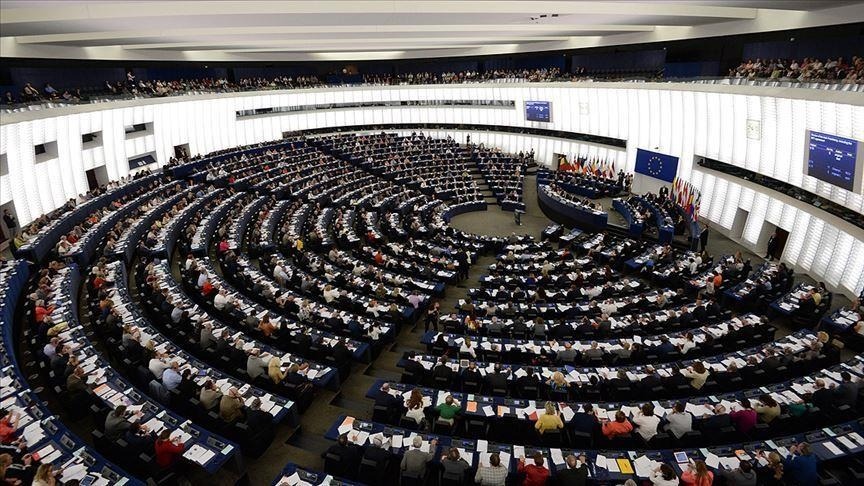Ali Mohammad Helmi told the Strategic Council on Foreign Relations that Western analysts have underlined that the Europe and the United States suffered a catastrophic defeat in Afghanistan and a vicious image of them will remain in the minds of the people of Afghanistan for centuries.
He said that the conditions announced by the European Union for a limited relationship with the Taliban indicate that they want to cover up their failures and not leave the field empty.
EU effort to maintain its position in Afghanistan
He added that “the Europeans want to have at least some grounds to maintain contact with sections of the Afghan people who look to the West, and to continue to pursue a soft cultural project.”
The international affairs analyst referred to conditions such as human rights, women’s rights, the rule of law, freedom of the media and access to humanitarian aid, Afghanistan’s refusal to become a base for international terrorist groups, and the right of foreign nationals and locals to travel freely and said the absurdity of the slogans of human rights and the fight against terrorism in Afghanistan is very clear in the performance of Europe.
He stressed that “mistake of Western governments is that they think they have the power to completely change the cultural beliefs of nations in the direction they want; Of course, in some countries they have succeeded to some extent, but this goal has not been achieved as expected. “
Helmi pointed to the West’s goals of helping the Taliban form and win in Afghanistan and trying to achieve its goals in the country by creating insecurity and instability.
“It turned out that they had no positive feelings for the people of this country or humanitarian concerns; they were occupiers, and in recent years, according to figures, more than 250,000 Muslims in Afghanistan were killed by NATO forces, and even their weddings turned into mourning”.
Referring to the numerous crimes committed by Western countries in Afghanistan, he added “they should learn a lesson and not start new political games and deceptions that want to dominate the Afghan people or divide this country.”
Referring to the EU’s conditions for identifying the Taliban, the international affairs expert said “they will seek to enter the civil war with political tricks and support part of Afghanistan’s political and military groups and divide the country.”
Helmi stressed the need for neighboring countries to play a measured role in the face of developments in Afghanistan and to help form a comprehensive government. It is your own interests. They seek to create a supportive cover to have free cultural access to Afghanistan, without any help in solving the real problems of the people of this country.
Explaining that the conditions in Europe reflect the ideal atmosphere of the West in Afghanistan, he explained “in fact, non-interference of European countries in the internal affairs of this country and investment and help to rebuild it in a practical and serious way and providing Afghanistan with the opportunity to use its assets in foreign banks are issues that need to be addressed by Europe in the current context.
The international affairs analyst said that maintaining the security of European forces and maintaining cultural, propaganda and espionage access were among the goals of Europe in announcing the conditions of relations with the Taliban. He said “it is necessary for the Taliban to pay attention to the help of countries that are friends of Afghanistan and respond these demands knowingly and set their own conditions. In the meantime, they should quickly provide the grounds for the formation of an inclusive government and the formation of a constitutional law and a referendum.”










0 Comments